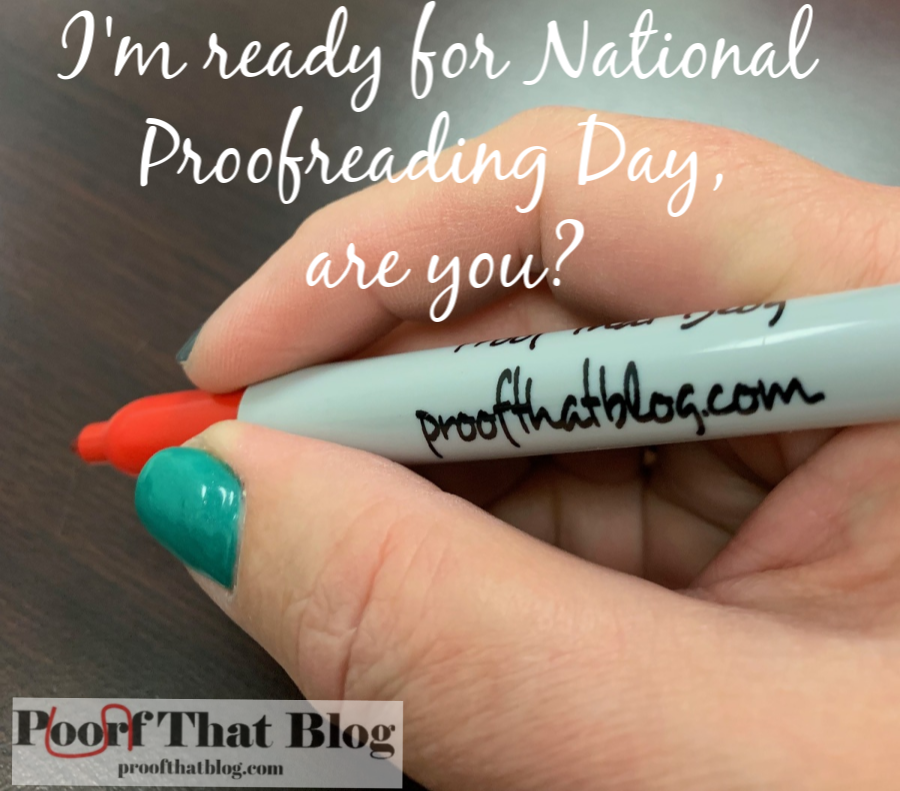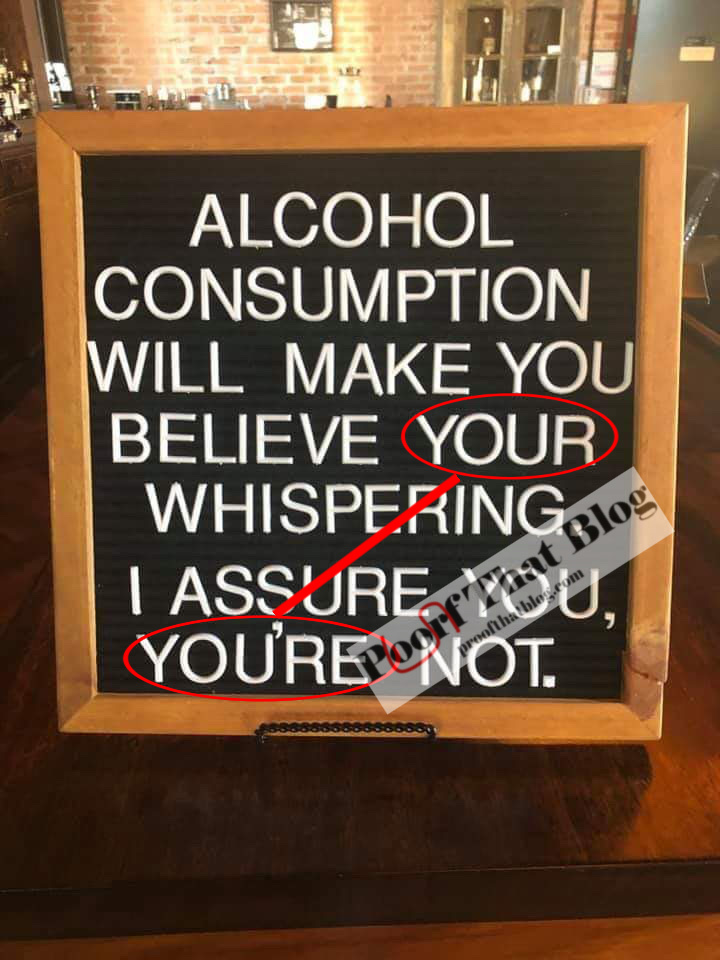A friend sent me these assembly instructions for a desk she purchased. I assume the manufacturer’s first language is not English, but instructions on something you are selling in the United States are kind of important and they should take more care with translations. I am really impressed, however, with the proper use of “It’s” in the last sentence.



 Follow
Follow




